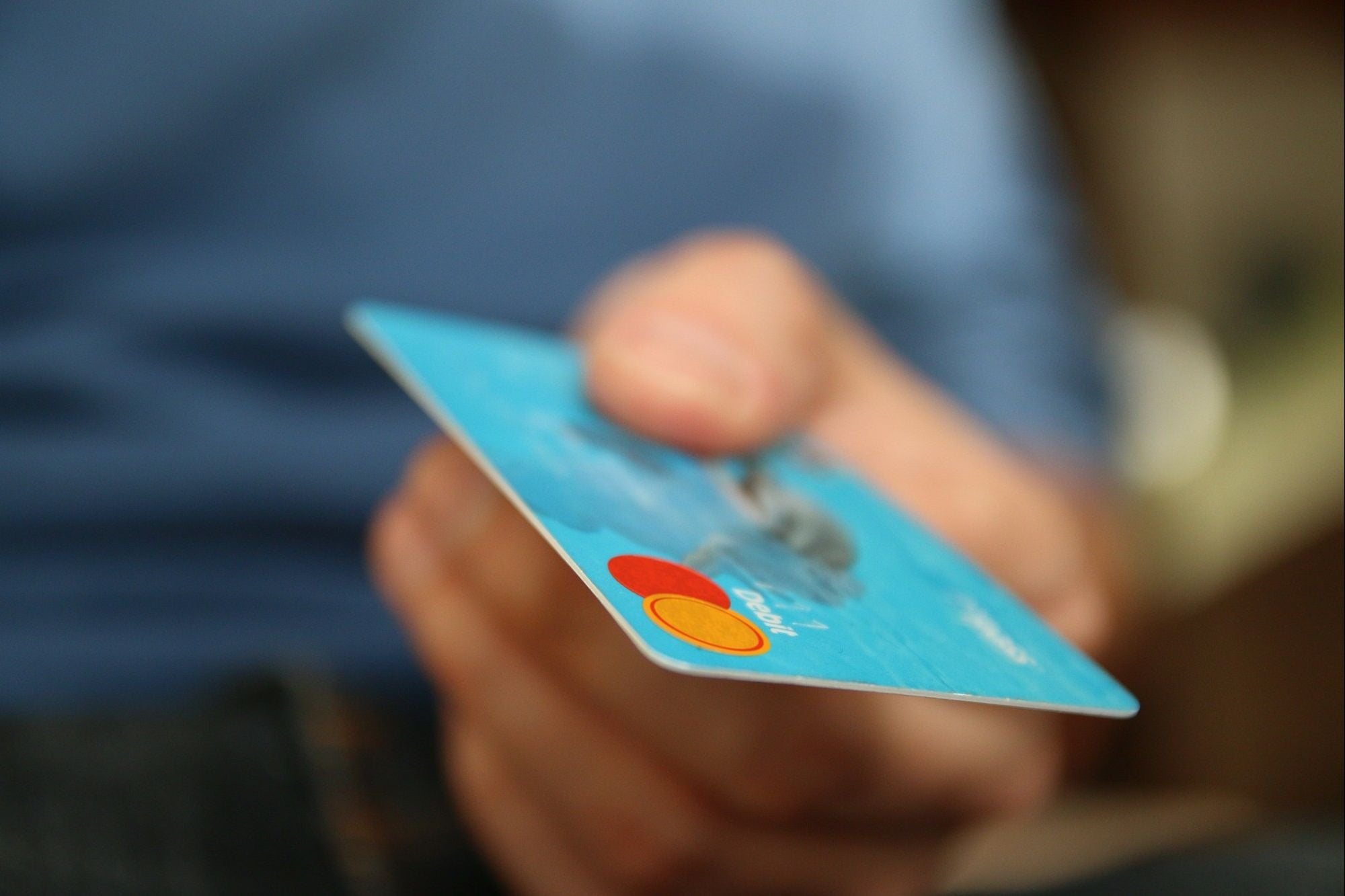All You Need to Know About a Forex Card for Overseas TravelA forex card is a no-frills travel card that is not only convenient and cheaper in terms of pricing but also safe to use
ByShipra Singh•
You're reading Entrepreneur India, an international franchise of Entrepreneur Media.

If you're headed overseas for your upcoming winter holidays, you must be worried about how much andhow to carry foreign currency. Of course, you must haveglobal debit and credit cardsand be mulling over exchanging cash in local currency.
But carrying wads ofcashis not only inconvenient but also unsafe. Debit and credit cards, on the other hand, involve steep charges of 3-6 per cent on each transaction done overseas.
Or, you can buy aforex cardand conveniently carry foreign currency in plastic.
A forex card is a no-frills travel card that is convenient, safe and relatively cheaper. So, as you firm up your upcoming holiday plans, we tell you what is a forex card, how to get it and why you should buy it.
How to Get a Forex Card
A forex card is a prepaid travel card that is loaded in a foreign currency of your choice before you start your trip. So, you don't pay conversion fee every time you swipe the card, as is the case with debit and credit cards.
"There are absolutely no charges on a Forex Card if you swipe them at merchant locations because the card is pre-loaded with foreign currency of the destination country," saysNitin Motwani, Founder & CTO,BookMyForex.com.
You can get a forex card from any bank or authorized forex dealer for a small fee of INR 125-500. Some exchangers like BookMyForex do not charge any issuing fee.
You can apply for a card online on a dealer or bank's website by submitting a copy of your passport and, in some cases, visa of the trip that you will take. Most forex dealers and private banks provide door-step delivery of the card.
To be safe, it is advised to apply for the card at least a week in advance. "Ideally, a traveller should arrange foreign exchange one week in advance to avoid last-minute hassle but applying for a forex card two days before the trip is enough for a card to be activated and loaded with foreign exchange," says Motwani. These cards come with a validity of three to four years.
What it Costs
Though there are no charges on transaction, forex cards entail some other charges in the form of re-loading, encashing, cross-conversion and balance enquiry fee, among others (see table).
Issuance Fee |
INR 0-500 |
Conversion Mark-up |
0-2.5% |
ATM Withdrawal Charge |
150-250 |
Reload Charge & Encash Fee |
0-100 |
Cross-currency Conversion Fee |
3-3.5% |
Balance Enquiry |
INR 30-50 |
Cross-conversion fee is levied when you transact in a currency different from the one loaded in your card. Also, every time you reload your card before a trip and encash the leftover amount after a trip, there's a fee involved.
一些自动取款机允许通过外汇卡但撤军charge a fee, which varies across banks. "ATM withdrawal charge using a forex card is approximately $2-2.5 per withdrawal. It can be higher depending on the amount charged by the ATM that is used," explains Motwani.
Again, some currency dealers waive of re-loading, encashing and issuance fee, so do your homework before closing in on a dealer to save extra on these components.
Why it is a Sweet Deal
Foremost, forex cards can be conveniently swiped at mostmerchantsaround the globe for no extra fees. This also means that you don't need to carry too much cash. Second, most of them are pin-enabled so even if your card gets stolen, your money stays safe.
Most importantly, they are more attractive in terms of pricing compared to other options of cash, traveler's cheque and debit/credit card.
当你旅行时必须携带外汇卡overseas, we also recommend that you carry at least 20 per cent of the total amount of your budget as cash.
Also Read:4 Ways to Carry Money When Traveling Overseas
Terms and Conditions
Check with the issuer about daily limit on your card, which varies across issuers and can be up to $10,000. Apart from this, the maximum amount that can be loaded in a travel card is capped at $250,000 annually, per individual, as per Liberalised Remittance Scheme (LRS).











